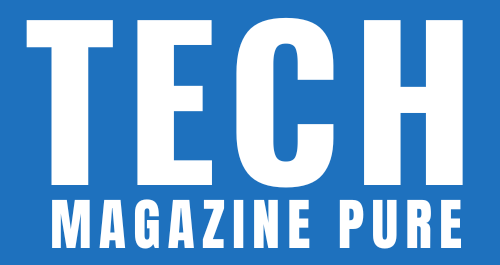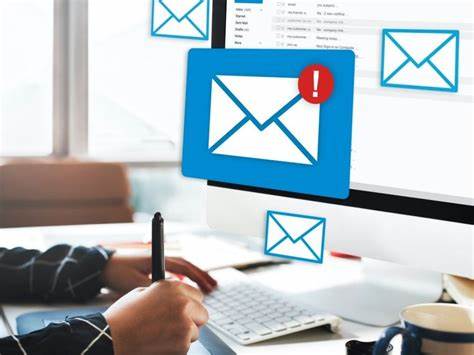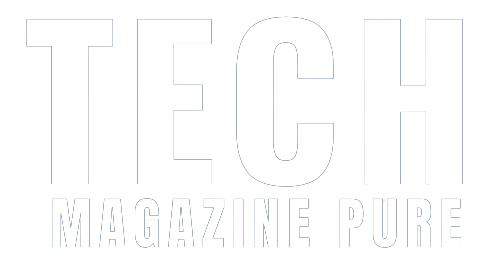In the digital age, cybersecurity is of utmost importance, and users rely on trusted antivirus solutions like Norton 360 to safeguard their devices and sensitive data. However, cybercriminals continuously devise new tactics to exploit users’ trust in reputable brands for their malicious schemes, such as the “Norton 360 scam email invoice.” In this article, we will shed light on this type of phishing scam, how to identify it, and essential steps to shield yourself from falling victim to these fraudulent activities.
Understanding the Norton 360 Scam Email Invoice
The Norton 360 scam email invoice is a deceptive technique employed by cybercriminals to trick users into believing they have received a legitimate invoice from Norton for their antivirus subscription or related services. The email appears authentic, complete with Norton’s branding and formatting, making it difficult for users to discern its fraudulent nature. The goal of this scam is to extract sensitive information, such as credit card details or login credentials, from unsuspecting recipients.
Identifying the Scam Email Invoice
- Sender’s Email Address: Pay close attention to the sender’s email address. Scammers often use email addresses that may appear similar to Norton’s official domain but contain slight variations or misspellings.
- False Urgency: Scam email invoices often create a sense of urgency, claiming that the recipient’s Norton subscription is expiring soon or that there is an issue with their account. This urgency is meant to pressure users into taking immediate action.
- Suspicious Links and Attachments: Avoid clicking on any links or downloading attachments in the email. Cybercriminals may use these elements to redirect users to phishing websites or deliver malware.
- Poor Grammar and Spelling: Many scam emails contain grammatical errors, typos, and spelling mistakes. Legitimate invoices from reputable companies like Norton are usually professionally written without such errors.
- Requests for Personal Information: Norton or any genuine company would never ask users to provide sensitive information, such as credit card details or passwords, via email. Treat any such request with skepticism.
Protecting Yourself from Scam Email Invoices
- Verify the Source: Always verify the authenticity of an email claiming to be from Norton 360 by cross-referencing it with official communication from Norton’s website or customer support. Never trust unsolicited emails without proper verification.
- Independently Access Norton’s Website: Rather than clicking on links in the email, access Norton’s official website manually through your web browser to check your account status or subscription details.
- Never Provide Sensitive Information: Do not share any sensitive information, such as credit card details or passwords, in response to unsolicited emails. Reputable companies will never request such information via email.
- Report Suspected Scams: If you suspect an email to be a scam, report it to your email provider and forward it to Norton’s official support or phishing reporting center.
- Use Email Filters: Activate email filters or spam settings to automatically detect and redirect suspicious emails, including scam email invoices, to your spam folder.
- Stay Educated: Stay informed about the latest phishing techniques and scams. Regularly educate yourself and your peers about phishing prevention to reduce the risk of falling victim to scams.
The Norton 360 scam email invoice is a deceptive ploy used by cybercriminals to exploit users’ trust in reputable antivirus brands like Norton. By remaining vigilant and familiarizing yourself with the warning signs of phishing emails, you can protect yourself from falling victim to these fraudulent activities. Always verify the authenticity of any email claiming to be from Norton 360 or any other trusted company before taking any action. Never disclose personal information in response to unsolicited emails, as reputable companies will never request such sensitive details via email.
Remember that cybersecurity is a shared responsibility, and by adopting proactive measures and staying informed, you can defend yourself against cyber threats and enjoy a safe online experience. Be cautious, stay educated, and follow the steps mentioned above to protect your digital assets and sensitive data from cybercriminals and phishing scams.


